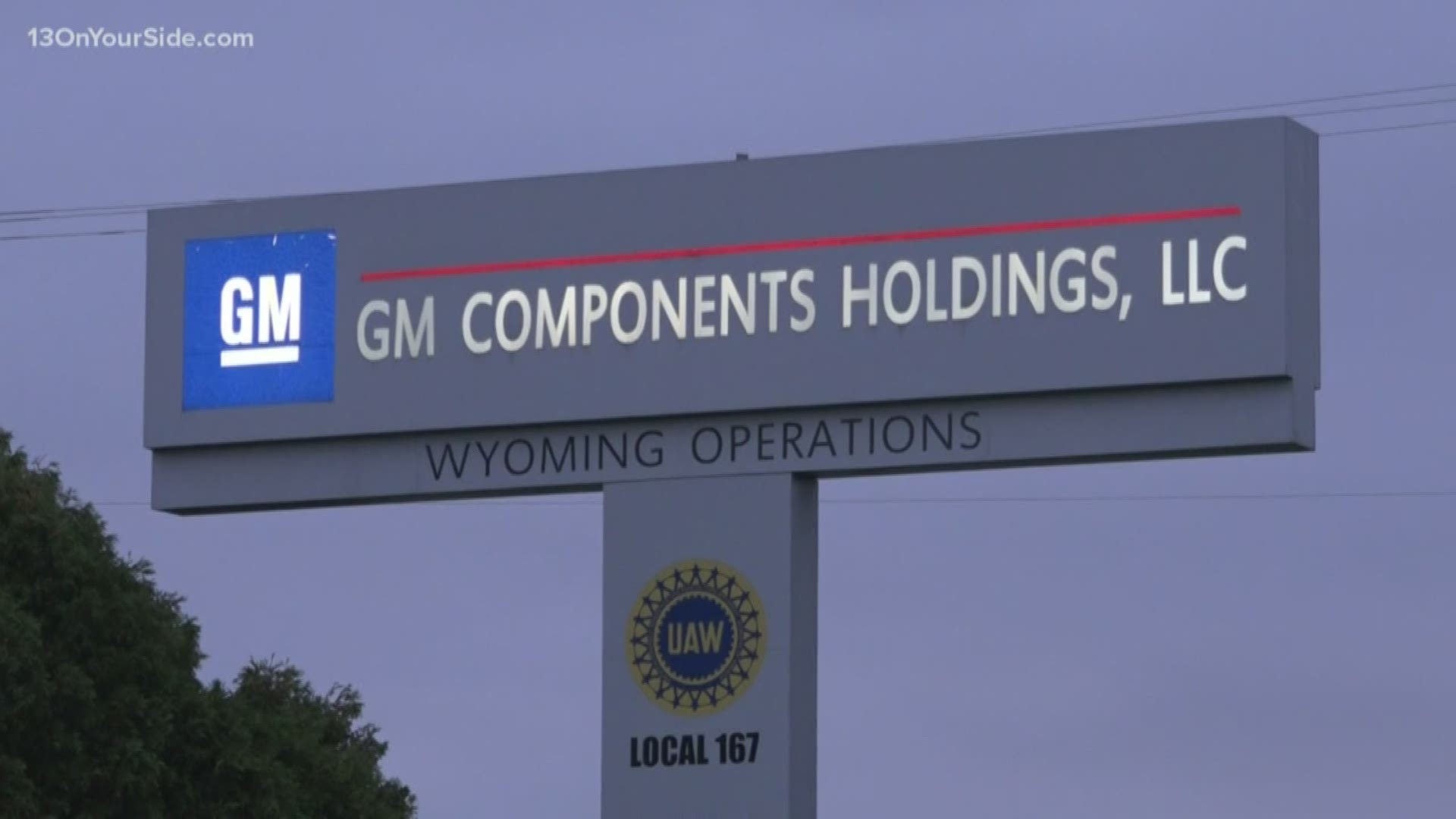DETROIT — The United Auto Workers (UAW) union announced Sunday that roughly 49,000 workers at General Motors (GM) plants in the U.S. would go on strike just before midnight because contentious talks on a new contract had broken down.
About 200 plant-level union leaders voted unanimously in favor of a walkout during a meeting Sunday morning in Detroit. Union leaders said the sides were still far apart on several major issues and they apparently weren't swayed by a GM offer to make new products at or near two of the four plants it had been planning to close, according to someone briefed on the matter.
Here's where the company and union differ:
- GM is making big money, $8 billion last year alone, and workers want a bigger slice. The union wants annual pay raises to guard against a possible economic downturn, but the company wants to pay lump sums tied to earnings. Automakers don't want higher fixed costs in a possible downturn.
- The union also wants new products for four factories GM is trying to close, two in the Detroit area, one in Lordstown, Ohio, near Cleveland, and another outside Baltimore. The factory plans have irked some union members, even though most laid-off workers will get jobs at other GM factories. GM currently has too much U.S. factory capacity.
- All three companies want to close the labor cost gap with workers at plants run by foreign automakers. GM's gap is the largest at $13 per hour, followed by Ford at $11 and Fiat Chrysler at $5, according to figures from the Center for Automotive Research, an industry think tank. GM pays $63 per hour in wages and benefits compared with $50 at the foreign-owned factories.
- Union members have great health insurance plans but workers pay about 4 percent of the cost. Employees of large firms nationwide pay about 34 percent, according to the Kaiser Family Foundation. The companies would like to cut costs.
If there is a strike, it would be the union's first against GM since 2007. However, Mike Wall the director of automotive analysis at IHS Markit said it will mostly affect GM and its employees.
"If they're not going to work, they're not getting paid...there's a strike fund to help fund that, but it doesn't close the gap anywhere near what you would expect," he said.
Wall said there could be some struggle for local businesses, with less traffic to areas near GM buildings. However, he added that areas like West Michigan with auto diversity and history in the industry would fare just fine.
"They've been to this show before. They've got contingencies in plan as well that they'll be focusing on," he said about West Michigan auto shops.
►Make it easy to keep up to date with more stories like this. Download the 13 ON YOUR SIDE app now.
Have a news tip? Email news@13onyourside.com, visit our Facebook page or Twitter. Subscribe to our YouTube channel.

